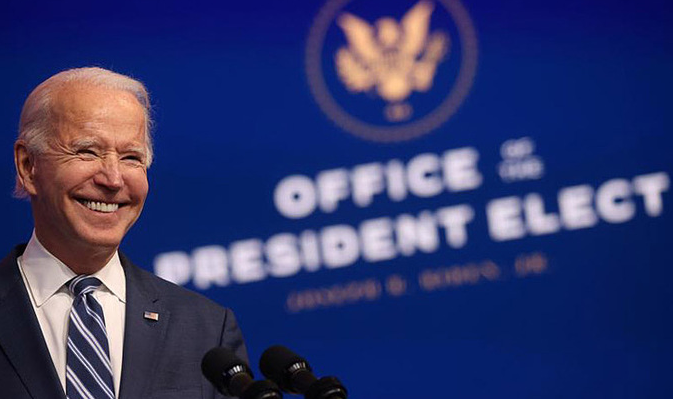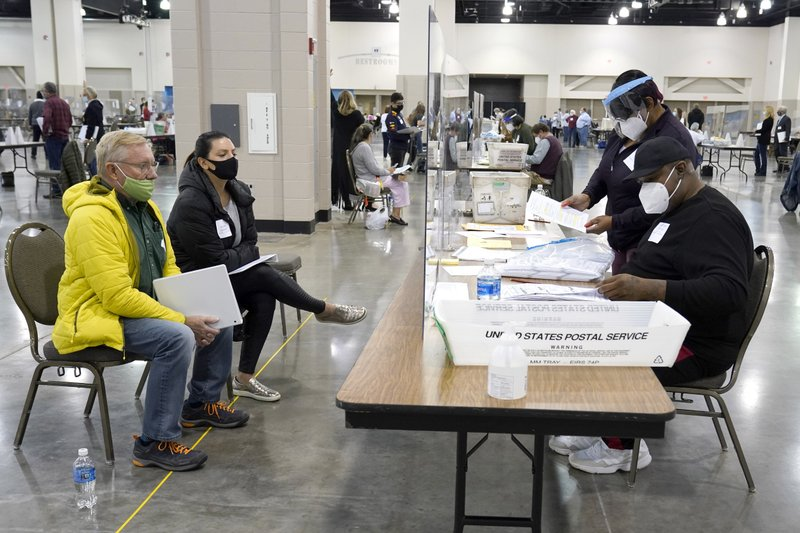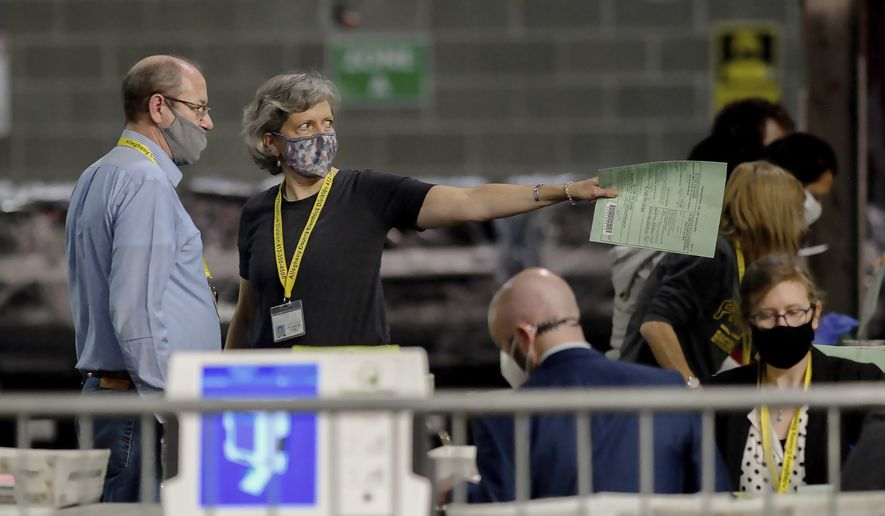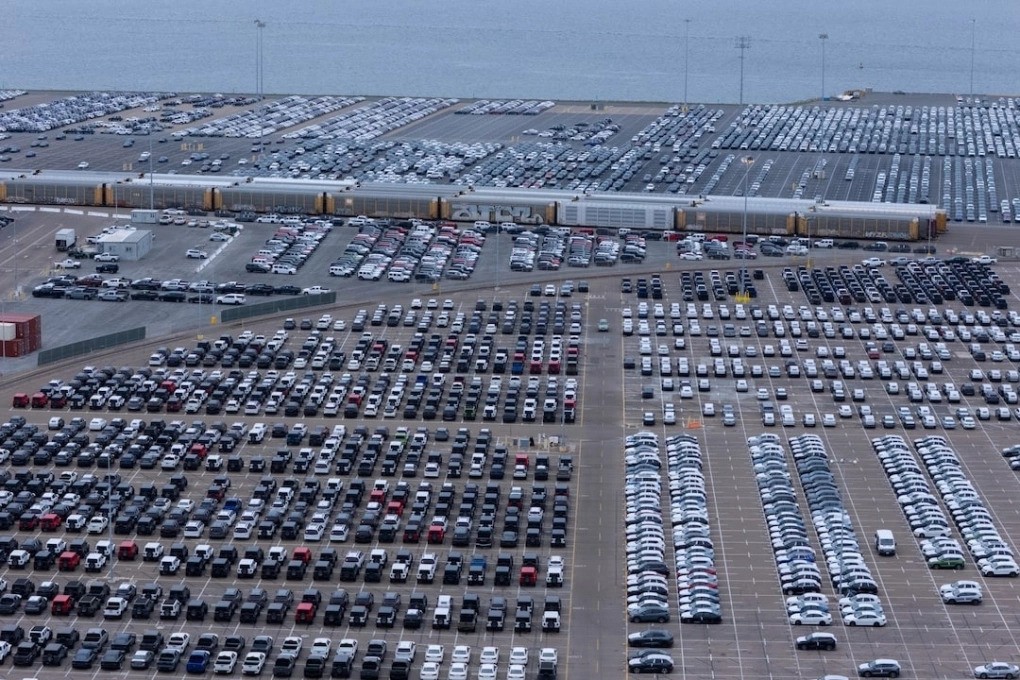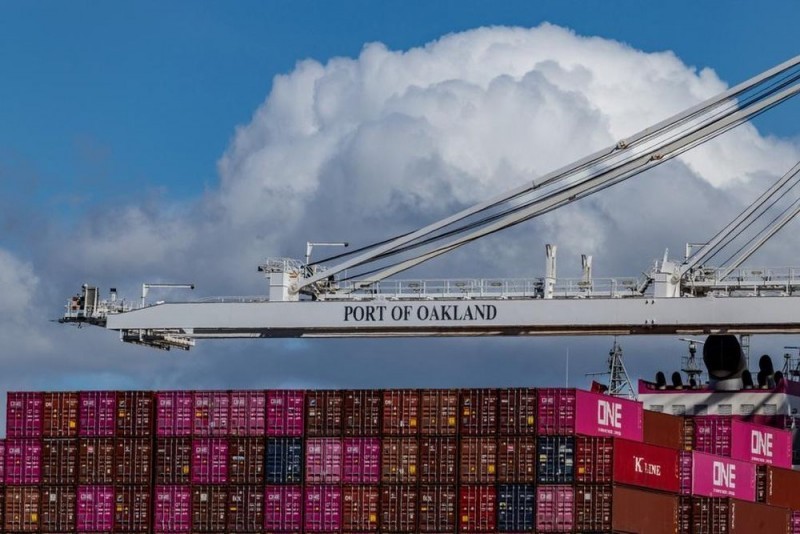Indonesia turns to Joe Biden for more ‘professional’ stance on China
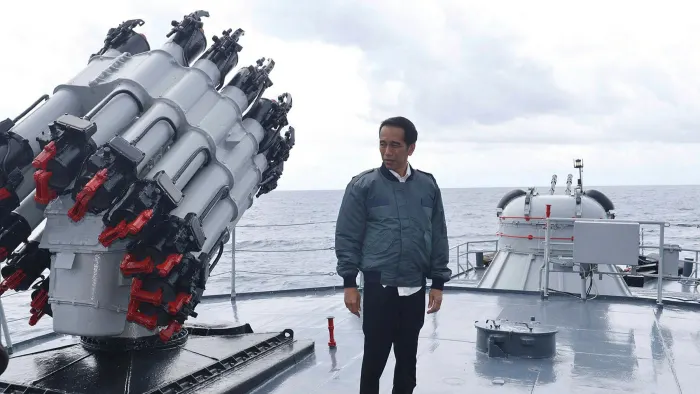 |
| Joko Widodo on the deck of an Indonesian navy ship. The president plans to move one of the navy’s main combat group to the Natuna islands. Photo: Reuters |
While the world was distracted with the US presidential election last month, Indonesia quietly announced a marked shift in its defence strategy designed to send an unambiguous message to Beijing.
Indonesia’s navy would move one of its main combat groups from the capital Jakarta to the Natuna Islands on the edge of the disputed South China Sea (called Bien Dong Sea in Vietnam), in the country’s far north.
The fleet’s task would be to intercept foreign vessels, particularly Chinese boats, that are increasingly encroaching on the waters around the Natuna Islands where both Indonesia and China claim fishing rights.
Such overt military gestures are unusual for south-east Asia’s largest country, which since independence has sought to neither openly antagonise the great powers nor clearly align with them, according to Financial Times.
Jakarta-Beijing tensions would offer chance to renew US-Indonesia ties
For US president-elect Joe Biden, any tension between Jakarta and Beijing will represent a chance to renew American ties with Indonesia dating back to the cold war at a time when China is expanding its influence in the region.
Indonesia is one of Asia’s biggest diplomatic prizes. It has the world’s fourth-biggest population and is the largest Muslim-majority country with a vast archipelago that commands strategic sea lanes connecting Asia with the Pacific and Indian oceans.
“It [Indonesia] is considered a critical node in the US Indo-Pacific strategy. Therefore, Washington has an interest in pulling Jakarta . . . away from Beijing,” wrote Leo Suryadinata, visiting senior fellow at the ISEAS-Yusof Ishak Institute, in a paper.
While the US maintained ties with Indonesia during Donald Trump’s presidency, Jakarta found his “America First” isolationism and belligerent stance towards Beijing uncomfortable, analysts said.
Indonesia’s policy objective since the end of the cold war has been to carefully balance relations with the US and China. While Mr Biden would deem China a competitor, his administration would probably be “more nuanced and more focused” on south-east Asia, said Dino Patti Djalal, chairman of the Foreign Policy Community of Indonesia and former ambassador to the US.
Joko Widodo, Indonesia’s president, was among the first world leaders to congratulate Mr Biden on his victory.
Mr Trump did not formally appoint an ambassador to the Association of Southeast Asian Nations, despite nominating two, and attended just one of its summits.
Indonesia is the largest country in the 10-nation trading bloc that also includes Thailand, Vietnam, Singapore, Malaysia, Brunei, Cambodia, Laos, the Philippines and Myanmar.
“How do we figure in [his] world view?” asked Mr Djalal, adding that Mr Widodo did not visit the US throughout the Trump presidency.
“That should say something.” The forceful approach of Mike Pompeo, US secretary of state, was not always well-received in Jakarta. He called on Jakarta in October to criticise Beijing more openly for alleged human rights abuses in Xinjiang, the Chinese province where about 1m Muslims have been incarcerated.
Indonesia was looking for “predictable, professional foreign policy which will give them a greater level of comfort to work with the US on discrete issues such as technology or supply chain security”, said Aaron Connelly, from the International Institute for Strategic Studies, a think-tank.
“What Indonesia didn’t appreciate about Pompeo wasn’t the substance of his appeals but the way he would raise the temperature in every room he was in,” said Mr Connelly. “He didn’t behave like a diplomat, he behaved like a cable news guy.”
Antony Blinken, nominated as Mr Pompeo’s successor, is “as different as it gets, in terms of temperament and judgment”, he added.
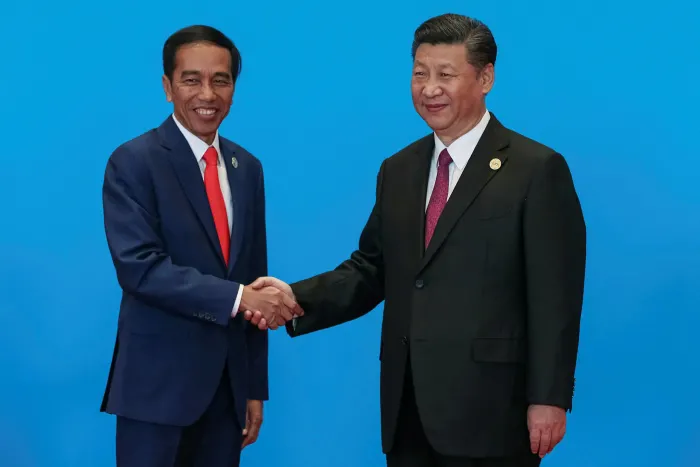 |
| Joko Widodo, left, shakes hands with Xi Jinping at a Belt and Road forum. China has also become Indonesia’s largest trading partner. Photo: AFP |
Smoother ties with Washington could help Jakarta offset Beijing’s influence
A smoother relationship with Washington could help Jakarta offset Beijing’s influence at a time when China is pushing “vaccine diplomacy” across south-east Asia, filling a gap left by the US.
Indonesia, which has south-east Asia’s highest number of coronavirus infections, has signed a deal with China’s Sinovac to provide at least 40m doses of its CoronaVac vaccine by March 2021.
“Taking Chinese vaccines is clearly risky because of course there are political strings attached,” said Gregory Poling, senior fellow for south-east Asia at CSIS.
“China will come for payment on that debt whether it’s over UN voting or silence on Xinjiang or South China Sea issues. But Jakarta has to determine that that is the lesser of two evils if the US and its partners are not providing alternatives.”
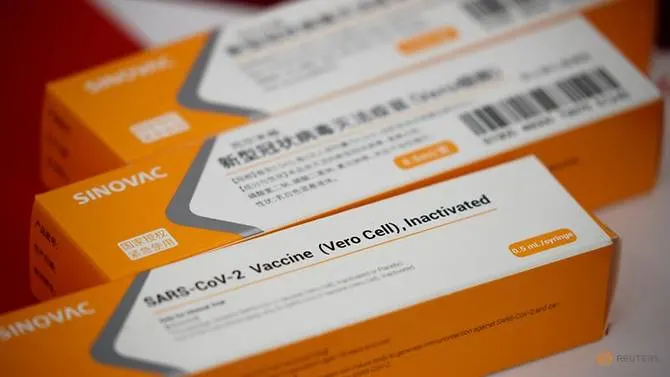 |
| A display shows packages of the vaccine candidate for SARS-CoV-2 by Sinovac Biotech in Beijing, China, Sep 24, 2020. Photo: Reuters |
China has also become Indonesia’s largest trading partner and its second-largest source of foreign direct investment. Projects include a $6bn high-speed rail project under China’s Belt and Road Initiative.
Sino-Indonesian relations have warmed so much under Mr Widodo that the opposition has accused him of being an apologist for Beijing, attacking him for refusing to condemn the imprisonments in Xinjiang.
But others argue that Mr Widodo has resisted Beijing’s territorial claims in the South China Sea. They cite his visit to the Natuna islands in January during a stand-off between Indonesian and Chinese vessels and his plan to move the naval combat group there.
Most analysts believe Indonesia can resist pressure from the two superpowers to cede its strategic autonomy, but the onus will be on the Biden administration to stop China making further inroads.
“We’re waiting to see how president-[elect] Biden will reclaim the region’s faith in America,” said Mr Djalal, the former ambassador to the US. “But it’s important to understand that it’s not going to be automatic. It needs some work to reclaim that space.”/.
| Indonesia on December 6 received its first shipment of coronavirus vaccine from China, President Joko Widodo said, as the government prepares a mass inoculation programme. Jokowi said in an online briefing that the country received 1.2 million doses from China's Sinovac Biotech, a vaccine Indonesia has been testing since August. He added that the government plans to receive another 1.8 million doses in early January. The vaccine still needs to be evaluated by the country's food and drug agency (BPOM) while his administration continues to prepare for distributing the vaccine across the vast archipelago of 270 million people, Jokowi was quote by Channel News Asia as saying. |
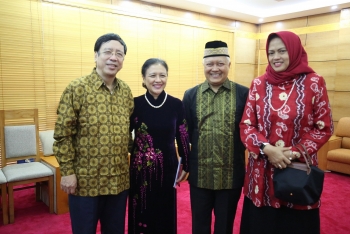 | Indonesian Ambassador honoured with VUFO's peace and friendship insignia Indonesian Ambassador to Vietnam, Ibnu Hadi received the “For peace and friendship among nations” insignia awarded by the Vietnam Union of Friendship Organization (VUFO). The ... |
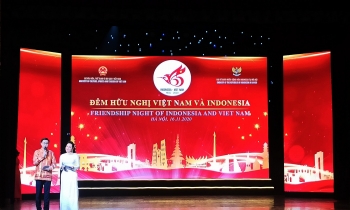 | Friendship night of Vietnam and Indonesia marks 65 years of ties A Vietnam-Indonesia Friendship Night was held on November 16 to celebrate the 65th anniversary of the two countries’ diplomatic ties (1955 – 2020). |
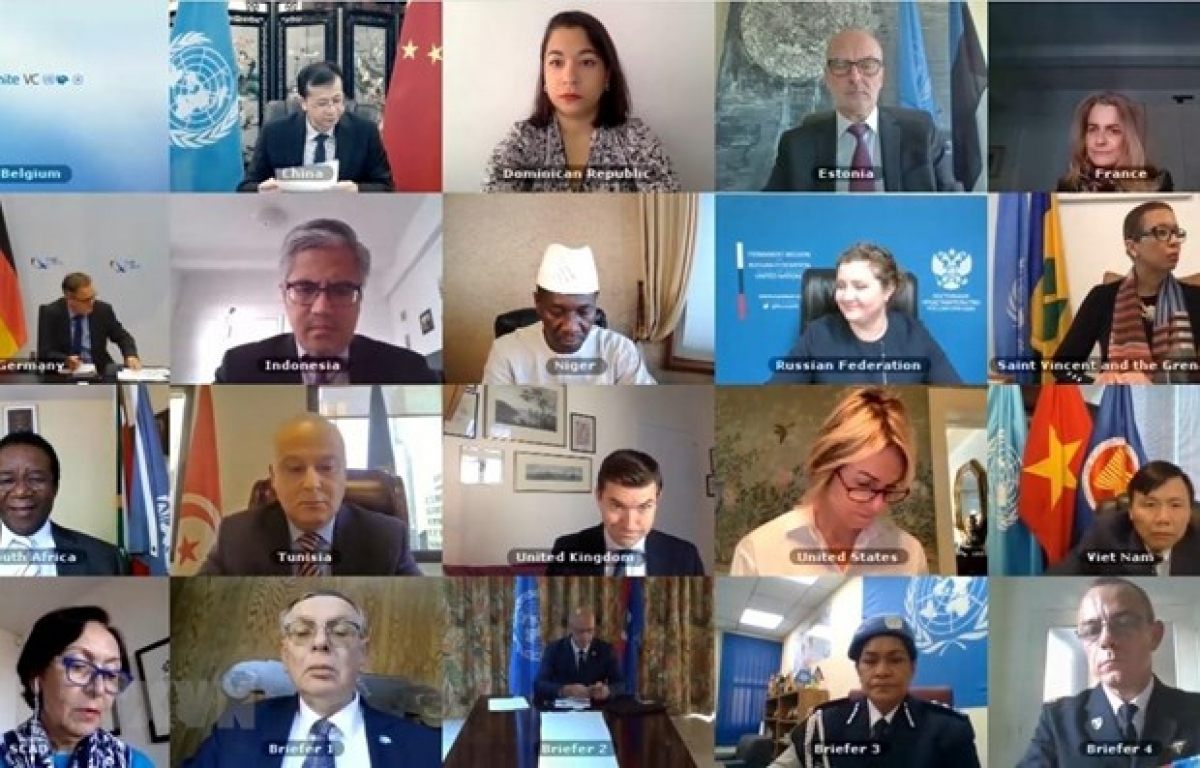 | Vietnam, Indonesia support long-term solutions for Bosnia–Herzegovina The United Nations Security Council (UNSC) held an annual meeting to discuss the ongoing situation in Bosnia–Herzegovina on November 5, with the Vietnamese side being ... |
Recommended
 World
World
Nifty, Sensex jumped more than 2% in opening as India-Pakistan tensions ease
 World
World
Easing of US-China Tariffs: Markets React Positively, Experts Remain Cautious
 World
World
India strikes back at terrorists with Operation Sindoor
 World
World
India sending Holy Relics of Lord Buddha to Vietnam a special gesture, has generated tremendous spiritual faith: Kiren Rijiju
Popular article
 World
World
Why the India-US Sonobuoy Co-Production Agreement Matters
 World
World
Vietnam’s 50-year Reunification Celebration Garners Argentine Press’s Attention
 World
World
"Will continue offering our full support to Indian govt": US FBI Director after Pahalgam attack
 World
World

